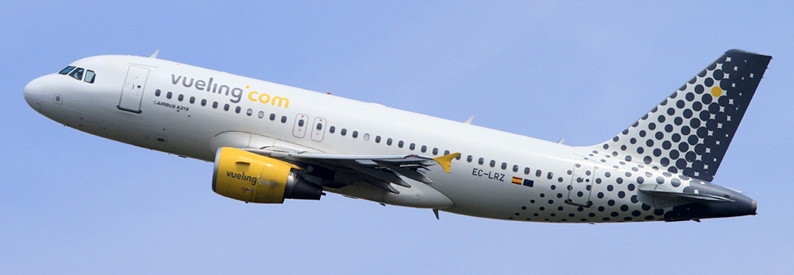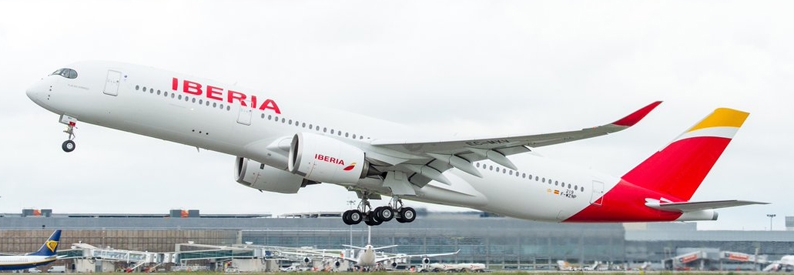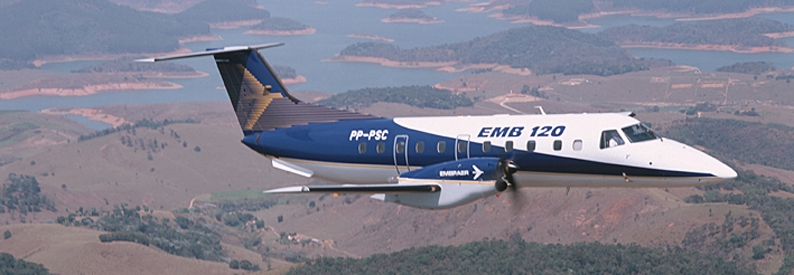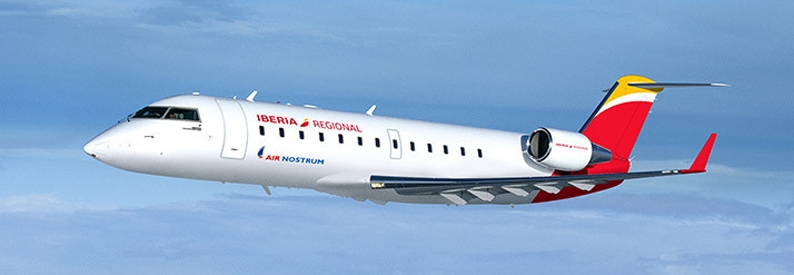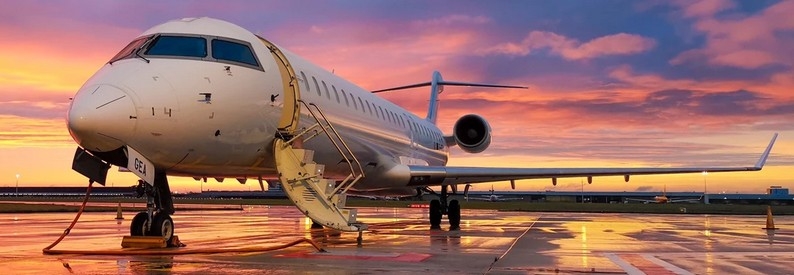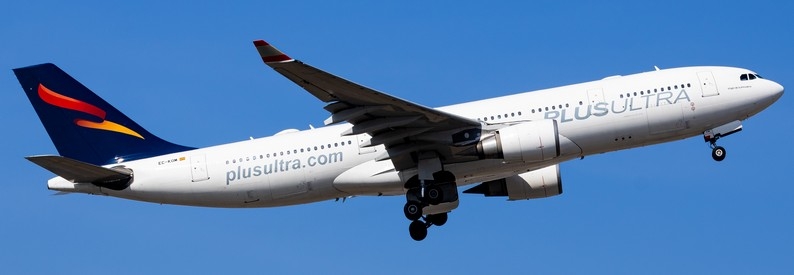Spain could cut the number of domestic flights of less than 2.5 hours on routes where there is a high-speed rail alternative, except where they connect with international flights. This was one of many pledges made as part of an agreement between the country’s ruling socialists and their partners in the leftwing Sumar alliance, designed to win support for a new coalition government.
Following an inconclusive general election in July, Spain’s acting prime minister, Pedro Sánchez, and his allies have until November 27 to secure parliamentary backing to form a new government. Besides saying they will reduce the working week, raise the minimum wage, and increase parental leave, they outlined environmental plans targeting short-haul flights.
Since the 1990s, Spain has built the longest high-speed rail network in Europe and second-longest in the world, now at around 4,000 kilometres and still expanding, compared to 2,800 kilometres in France and just 110 kilometres in Britain, according to figures in The Guardian newspaper.
Routes that would be hit under the two-and-a-half-hour rule include Madrid Barajas-Barcelona El Prat, Madrid-Alicante Elche Miguel Hernández, Madrid-Málaga, Madrid-Sevilla, and Madrid-Valencia Manises. These catered for almost 3.5 million passengers in both directions last year, according to local calculations, including 1,716,000 using Madrid-Barcelona. But in total they account for less than 1% of the 240 million people who used Spanish airports in 2022.
The PSOE-Sumar measure gave few details beyond a commitment to promote the reduction of domestic flights that have rail alternatives, “except in cases of connections with hub airports that link with international routes”. The country’s transport ministry told the daily newspaper ABC that to determine which routes would be affected “a technical study will be carried out to gauge any impact from a broad perspective (connectivity, environmental, etc.)”.
High-speed trains do not currently link Spanish airports, at least not until they are due to reach Madrid airport in 2026, at a rate of two per hour. Airlines have calculated that eight to ten are needed if they are to replace short-haul flights.
Javier Gandara, president of Spain’s airlines association (Asociación de Líneas Aéreas - ALA), warned: “The passengers who fly on these domestic routes are connecting passengers, who fly, for example, from Valencia to New York but via Madrid. If short flights are reduced, these customers will continue to fly to these destinations but from other European hubs, so they will end up polluting more, while connectivity and competitiveness in our country’s long haul are reduced.”
Air Nostrum (YW, Valencia Manises) could be one of the better-prepared carriers amid short-haul route cuts, thanks to its recent alliance with Hybrid Air Vehicles (Cranfield), with which it recently doubled to 20 the number of environmentally friendly Airlander 10 airships it has reserved from the UK-based developer.
- Type
- Base
- Aircraft
- Destinations
- Routes
- Daily Flights

